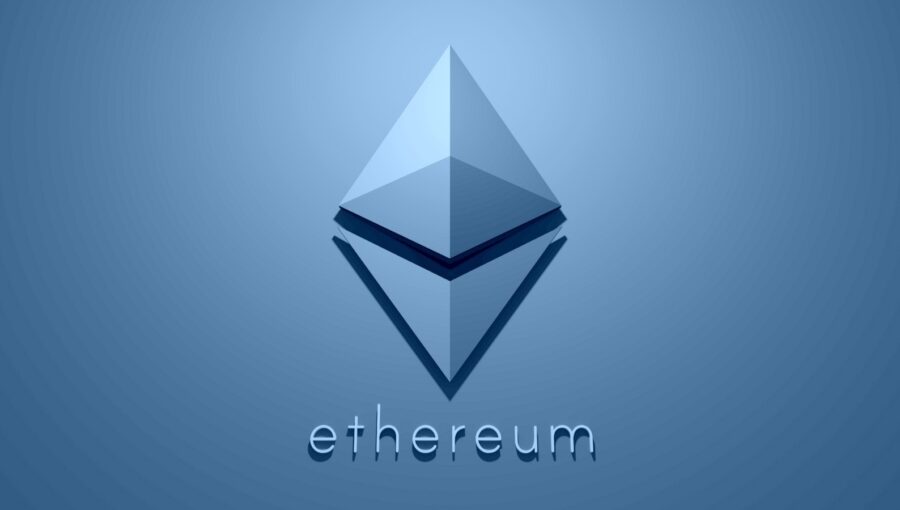|
Getting your Trinity Audio player ready...
|
In a pivotal development for the crypto industry, the U.S. Securities and Exchange Commission (SEC) signaled its stance on Ether (ETH) during a settlement with eToro, a prominent global financial trading platform. The SEC’s decision to allow eToro to continue offering Ether to U.S. customers raises speculation that the regulator may not view ETH as a security—an ongoing debate in the crypto space.
eToro Pays $1.5 Million Penalty In Settlement
On September 12, 2024, the SEC announced that eToro would pay a $1.5 million penalty as part of a settlement agreement. The regulator accused eToro of operating as an unregistered broker and clearing agency, allowing U.S. customers to trade crypto assets considered securities without adhering to registration laws. The Israel-based platform, which previously offered 74 cryptocurrencies to U.S. customers, will now limit its offerings to just three: Bitcoin (BTC), Bitcoin Cash (BCH), and Ether (ETH).
This settlement means that eToro will no longer support trading for the vast majority of its listed assets in the U.S. market. Customers will have a six-month grace period—until March 2025—to close their positions or transfer supported assets to the eToro Wallet. After this period, any remaining crypto holdings will be liquidated, and clients will receive cash balances.
The SEC’s decision to allow Ether trading on eToro’s platform, while limiting other cryptocurrencies, has significant implications. While the SEC has consistently pursued crypto companies for allegedly offering unregistered securities, its treatment of Ether seems to suggest that the regulator may classify ETH as a commodity rather than a security.
Historically, Ether’s legal status has been a point of contention. Though the SEC has targeted initial coin offerings (ICOs) and other tokens, it has not taken explicit enforcement action against Ethereum. This settlement could signal that the SEC may indeed view Ethereum as distinct from other crypto assets, solidifying its status as a non-security.
The debate over whether cryptocurrencies should be classified as securities or commodities has been central to regulatory scrutiny in the U.S. A security classification subjects assets to stricter regulations, while commodities face lighter oversight. The SEC’s decision regarding Ether could provide a framework for future regulatory decisions on other cryptocurrencies.
The Broader Implications for U.S. Crypto Regulation
eToro’s settlement with the SEC underscores the regulatory challenges facing cryptocurrency exchanges and platforms operating in the U.S. market. With the majority of eToro’s listed assets being delisted, the platform is effectively scaling back its U.S. operations. This decision aligns with the SEC’s increasing enforcement efforts targeting crypto companies for violating securities laws.
For U.S. customers, the changes at eToro will drastically reduce access to a wide array of digital assets, including popular tokens like Dogecoin (DOGE) and Avalanche (AVAX). This consolidation to a smaller set of approved cryptocurrencies could signal how the SEC plans to approach broader regulation in the industry moving forward.
Also Read: Ethereum Price Stagnates Below $2,400 As Daily Revenue Plummets To May 2020 Levels
The SEC’s evolving stance on crypto assets—especially with respect to Ether—has the potential to reshape the regulatory landscape. As the SEC continues to investigate and regulate the crypto market, clarity on what constitutes a security is increasingly crucial for companies navigating the U.S. regulatory environment.
eToro’s settlement with the SEC marks a significant moment for crypto regulation in the U.S. The decision to allow Ether trading while restricting access to most other cryptocurrencies may signal the SEC’s view of ETH as a non-security. As the crypto industry grapples with regulatory uncertainty, this settlement could provide a clearer path forward for Ethereum and other major crypto assets.
Disclaimer: The information in this article is for general purposes only and does not constitute financial advice. The author’s views are personal and may not reflect the views of Chain Affairs. Before making any investment decisions, you should always conduct your own research. Chain Affairs is not responsible for any financial losses.


